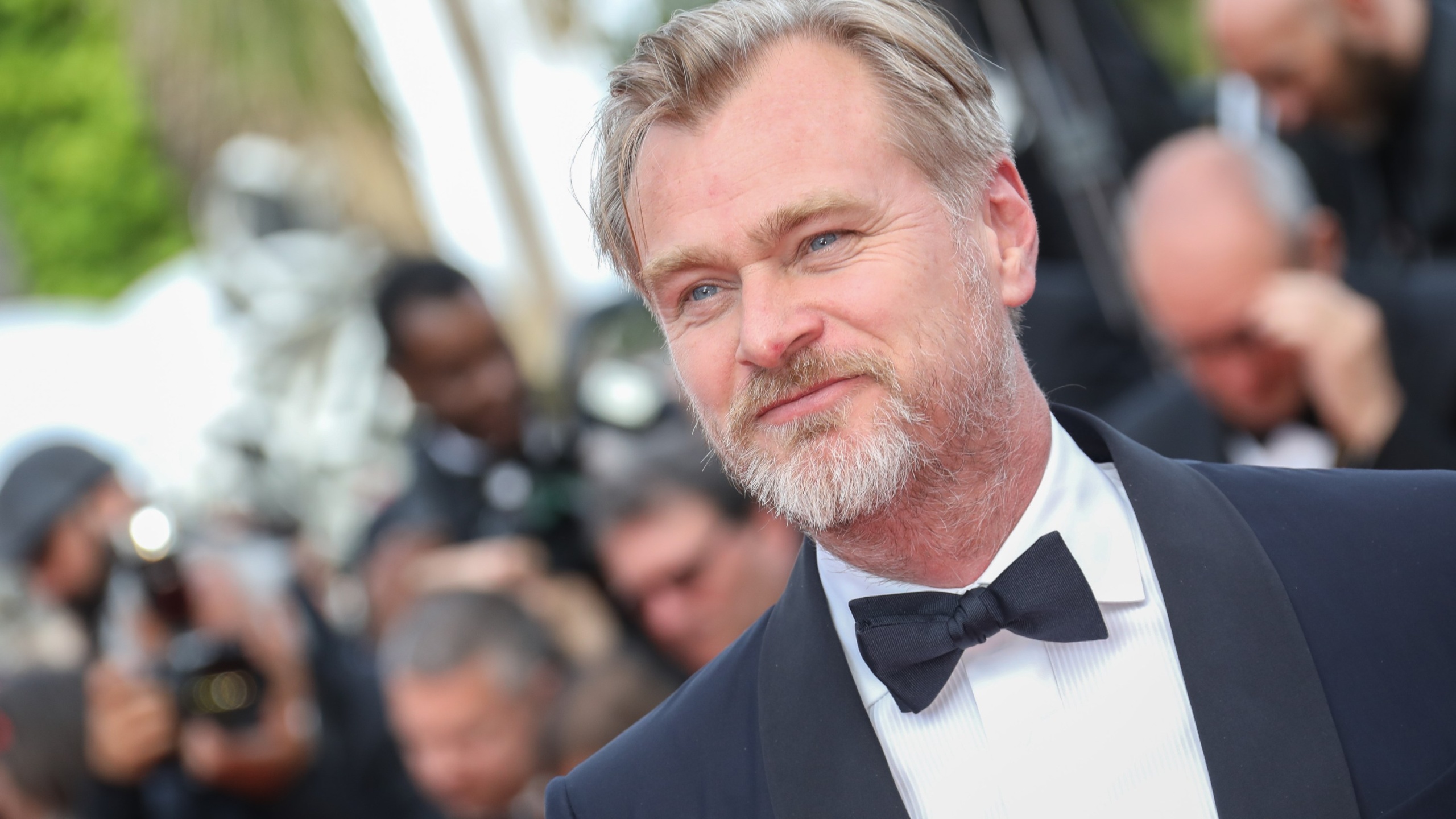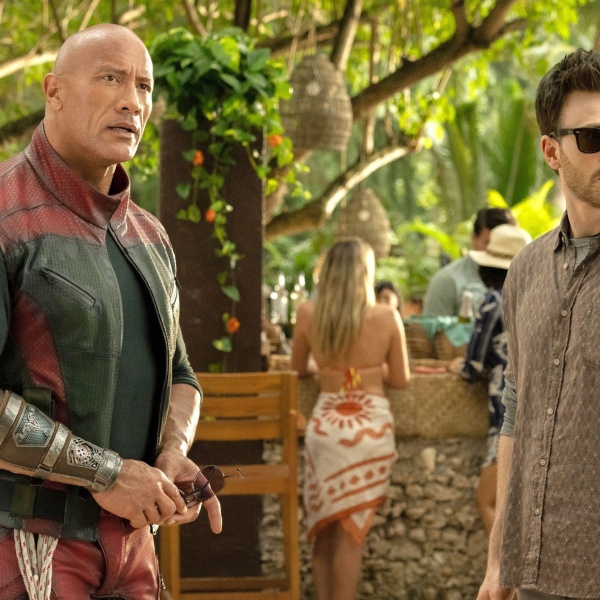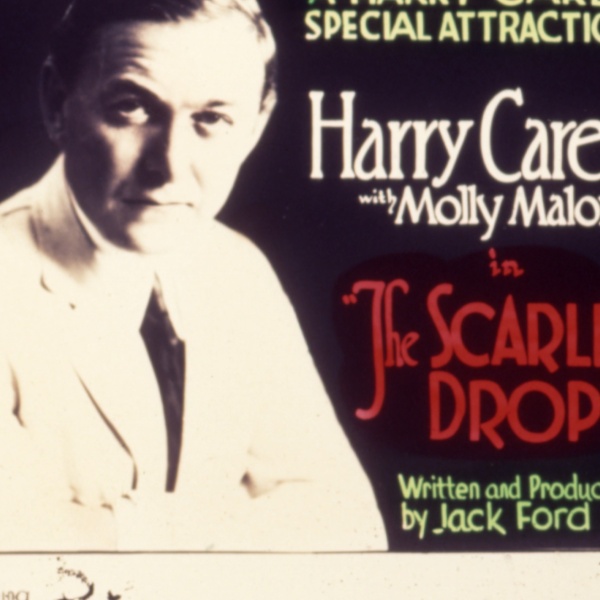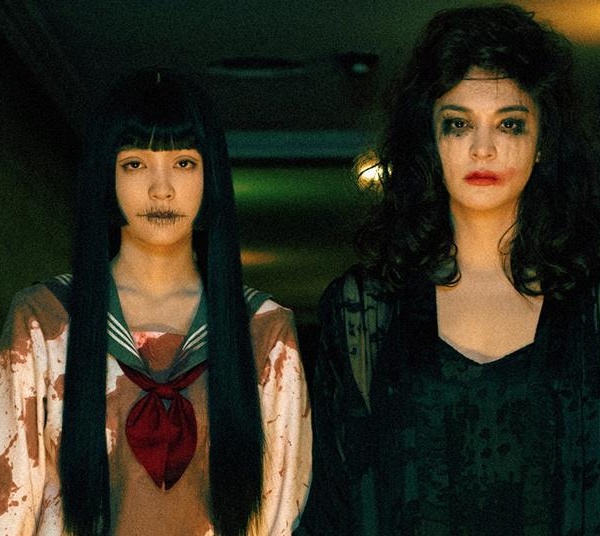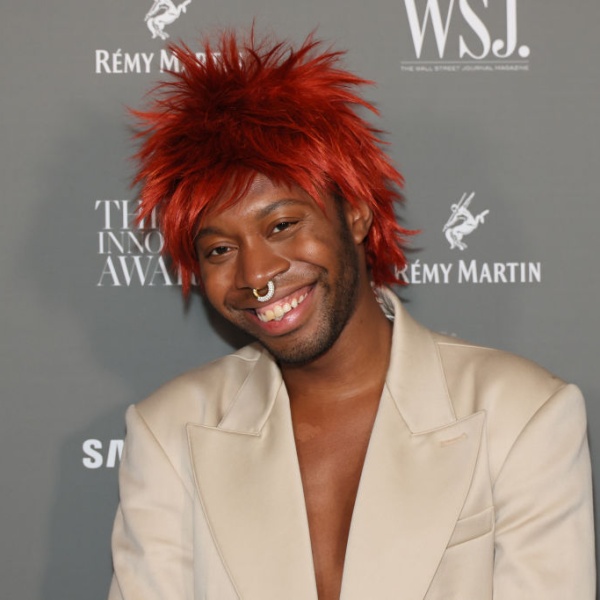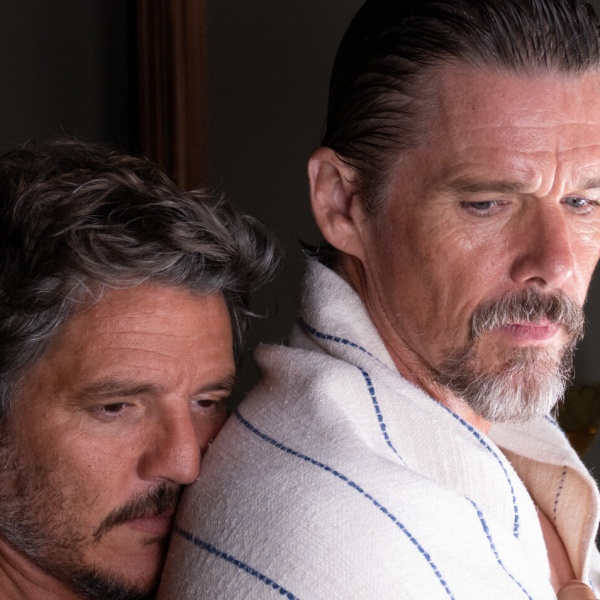Christopher Nolan doesn’t believe in divine intervention when it comes to artificial intelligence
The director, whose “Oppenheimer” opens July 21, discussed the future of AI in a Wired cover story.
“The issue with AI, to me, is a very simple one. It’s like the term ‘algorithm,’” Nolan said. “We watch companies use algorithms, and now AI, as a means of evading responsibility for their actions.”
The “Tenet” director continued, “If we endorse the view that AI is all-powerful, we are endorsing the view that it can alleviate people of responsibility for their actions — militarily, socioeconomically, whatever. The biggest danger of AI is that we attribute these godlike characteristics to it and therefore let ourselves off the hook.”
Nolan added, “I don’t know what the mythological underpinnings of this are, but throughout history there’s this tendency of human beings to create false idols, to mold something in our own image and then say we’ve got godlike powers because we did that.”
Nolan said that media coverage of ChatGPT and OpenAI illustrated to the public how the technology could be “really dangerous,” only fueling the widespread intrigue further.
“So now everyone wants it. Doesn’t mean there isn’t a real danger here, because I feel that there is,” Nolan said. “But I personally, and this is just my opinion, I identify the danger as the abdication of responsibility.”
The “Inception” filmmaker added, “I feel that AI can still be a very powerful tool for us. I’m optimistic about that. I really am. But we have to view it as a tool. The person who wields it still has to maintain responsibility for wielding that tool. If we accord AI the status of a human being, the way at some point legally we did with corporations, then yes, we’re going to have huge problems.”
And Nolan isn’t the only Hollywood icon weighing in on the current rise of AI. Steven Soderbergh recently said that he’s “not afraid” of AI, while Joe Russo predicted AI films are approximately two years away. “Black Mirror” creator Charlie Brooker revealed he wrote a “shitty” sci-fi episode using ChatGPT, while HBO executive Casey Bloys warned of a creative future dependent on generated material.
